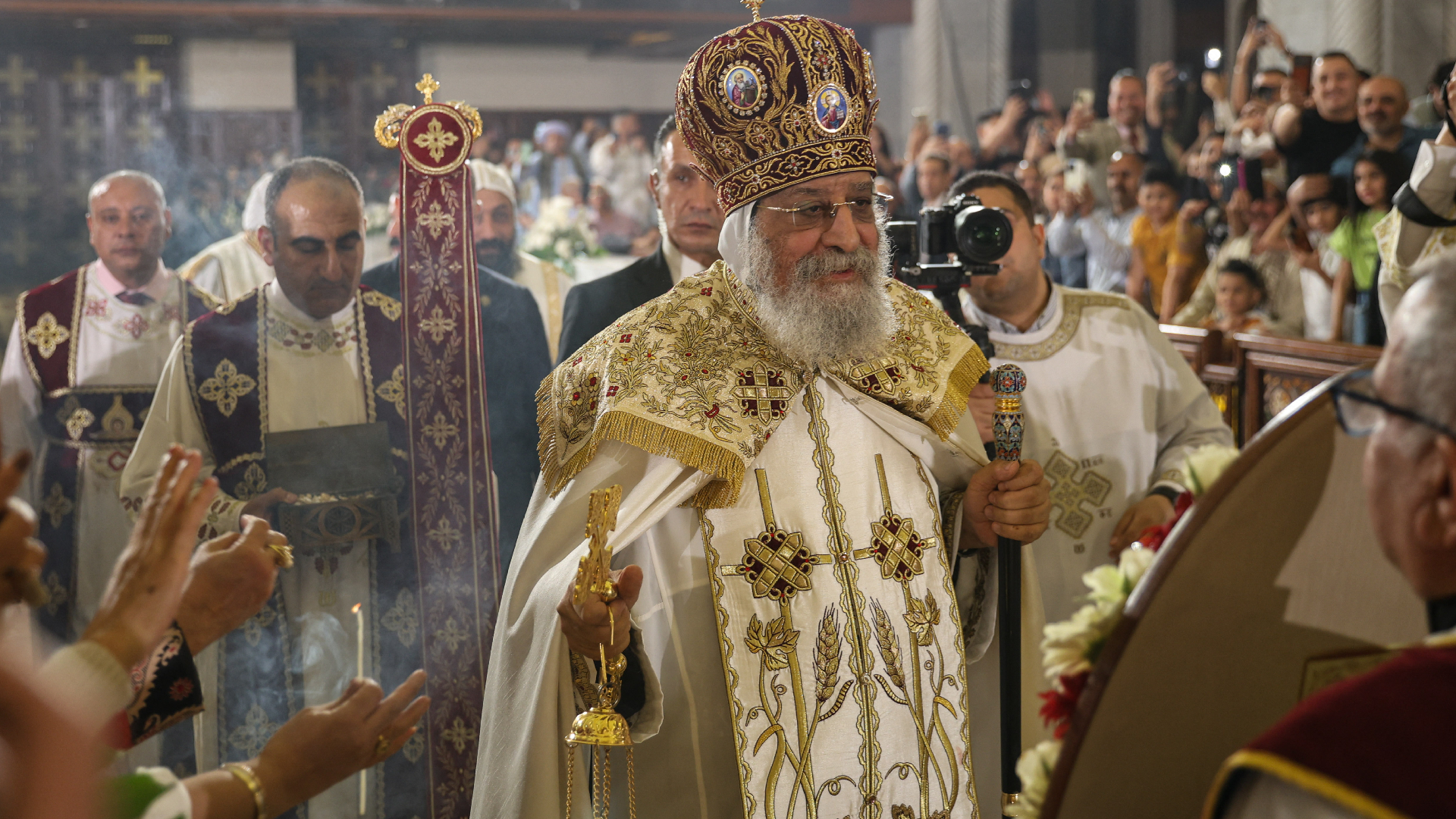Kenya’s U20 men’s football team, Rising Stars, were tossed out of the U20 Africa Cup of Nations last week after failing to secure a win in Group B.Follow our WhatsApp channel for more newsStars opened their campaign with a 3-2 loss to Morocco before falling 3-1 to Tunisia in the second group stage match.The Kenyan boys wrapped up their campaign with a 2-2 draw against Nigeria. All three matches were staged at the 30 June Stadium in Cairo.Before Rising Stars played against Nigeria, Mozzart Sport’s U20 AFCON Diary made its final trip to the streets of Cairo to gather interesting off-the-pitch news.##NAJAVA_MECA_8925566##Churches and freedom of worship in EgyptDespite Islam being the state religion of the country and the majority of its citizens being muslims, diversity is well embraced in Egypt.During my inroads in Cairo, I sighted the Catholic and Anglican churches in the streets, with locals informing me that there are tens of churches in the country.U20 AFCON Diary: Bread goes for Ksh5 with Kenyan athletes more famous in EgyptThe Coptic Orthodox Church is the most common among the locals.Kenyans living and working in Cairo shared that their employers and host communities are always kind enough to allow them to exercise freedom of worship.It was satisfying to hear that discrimination along religious lines does not exist in Egypt.Cost of water, electricity, and cooking gasEgyptians enjoy an unlimited supply of water, electricity, and piped cooking gas at ridiculous charges compared to the prices Kenyans pay for the essential commodities.##NAJAVA_MECA_8925217##It is easy to conclude that there is an acute water shortage in Egypt, bearing in mind that 95 per cent of its land is desert.However, citizens have access to clean water thanks to the supply from the River Nile, boreholes, and the desalination of seawater in various plants.Locals and Kenyans living in Egypt revealed that water bills are not a source of concern as the price rarely shoots past the 100 pounds (Kshs257) mark.The lion’s share of Egypt’s electricity supply is from thermal and hydropower stations, with the Aswan High Dam being the major source.Monthly electricity bills fall into the 100 pounds range as well.U20 AFCON Diary: Cheap taxis, unguarded ATMs and proper roads, the story of CairoWhile Kenyans use and refill their LPG cylinders at exorbitant fees, Egyptians have their supply through the pipeline at a monthly price not exceeding 100 pounds (Kshs 257) for a single household. The bill is sometimes the responsibility of the landlord.According to locals, the combined cost of water, electricity, and cooking gas bills does not exceed $5 (Ksh640) in a month.Cheap cementThere are mushrooming state-of-the-art buildings and roads under construction all over Cairo.It is difficult to cover more than 300 metres, especially in Nasr City and New Cairo, without sighting a building or a road under construction.U20 AFCON Diary: Cheap fuel in plenty as sanity reigns in Egyptian roadsThis means that there is heavy use of cement among other construction materials.I got curious and enquired about the price of cement and realised that it is way cheaper compared to what the commodity fetches in the Kenyan market.The 50kg bag of cement costs around 45 pounds (Ksh116) while the same goes for around Kshs700-800 in major towns and cities in Kenya.

